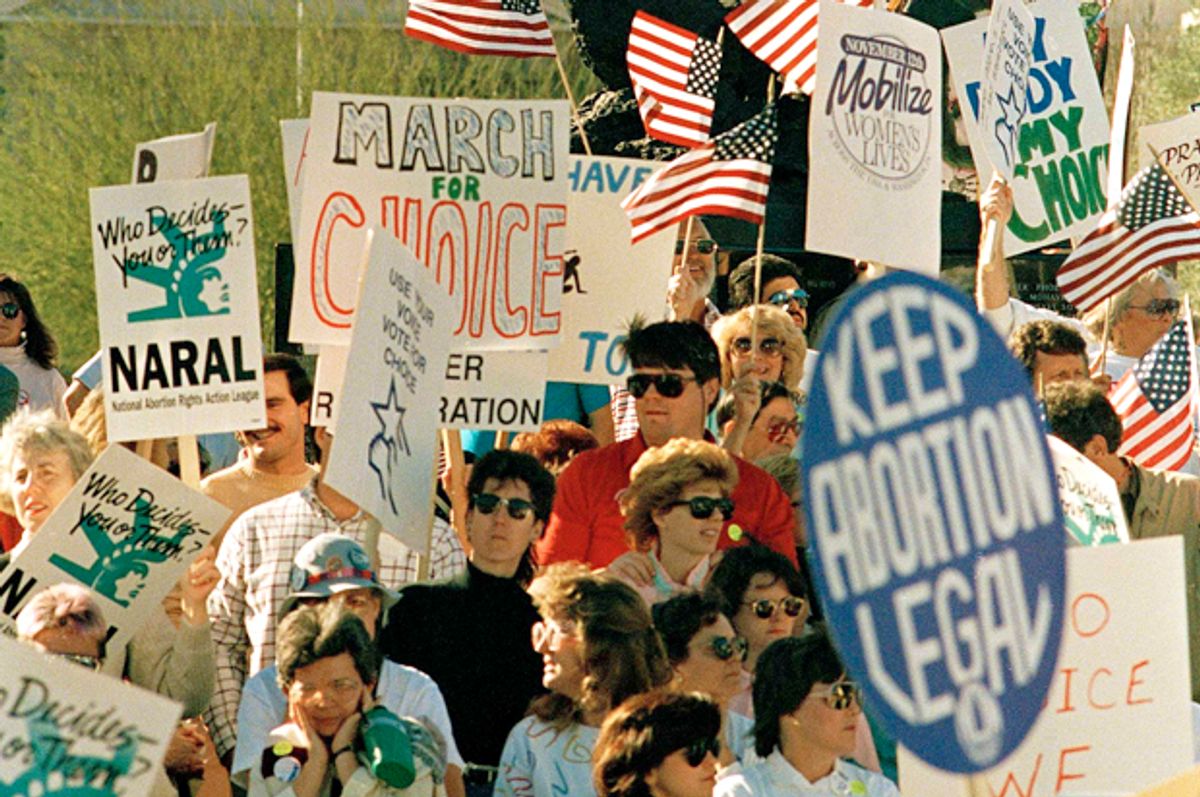The Fourteenth Amendment ensures that every person in the United States is entitled to due process of law. But what does "due process" mean? The Supreme Court has interpreted it to protect most of the rights we all hold dear, like free speech, free religious exercise, and the right to a jury. But does it also mean that the government has no power to stop a woman from having an abortion? And who even qualifies as a "person" in the first place? Are we entitled to due process even before we're born?
Roe v. Wade was about far more than just abortion. To reach such a landmark decision, the Supreme Court had to peel back the philosophical, political and medical layers of what it means to be a person, to have liberty, and to be entitled to due process of law under the U.S. Constitution. And the justices, all men at the time, had to weigh a woman’s profound interest in making her own reproductive decisions against the government’s interest in preserving the future of humanity itself.
The Constitution can be a vague and tricky thing, and defining its limits is no easy task. That was never as clear as in the case of Roe. The Court’s decision, its nuances mostly unappreciated, was a compromise that still divides American society today.
LISTEN
"Heightened Scrutiny" is a podcast about the landmark civil rights cases of the United States Supreme Court.



Shares